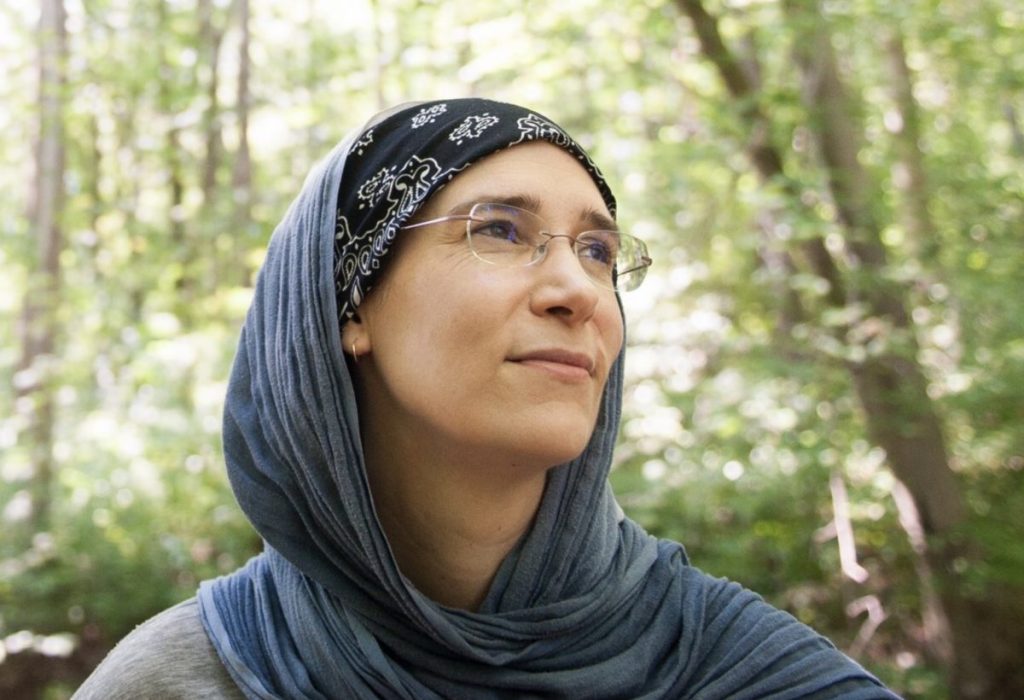
James Buckser
Staff writer
Sevim Kalyoncu developed her faith in the woods of Cottondale, Alabama.
While she was raised Muslim, Kalyoncu said she didn’t grow up going to mosque or Friday prayers, but she did get to go out into nature.
“As a kid I was a pretty deep thinker, and so here I am out in the woods contemplating God’s existence,” Kalyoncu said. “Sure enough, the beauty around me confirmed it for me.”
Kalyoncu still merges faith and the environment as an environmental educator and the executive director of Green Muslims. She will speak at 2 p.m. today in the Hall of Philosophy as a part of Week Seven of the Interfaith Lecture Series with its theme “Nature as Sacred Space.”
Green Muslims is a Washington, D.C.-based nonprofit, which Kalyoncu said aims to “help the American Muslim community connect with nature and environmental work.”
“It’s about learning to appreciate nature as God created it and to understand our role as the steward of this Earth and to get involved in climate action,” Kalyoncu said. “The Earth is suffering right now and we need to do something about it.”
One of Green Muslims’ educational programs is Our Deen is Green! (“Deen” is Arabic for “faith”), with which Kalyoncu organizes her Meaningful Watershed Education Experiences, taking families out on field trips to learn about the Chesapeake Bay Watershed.
“The whole point was to understand our watershed, the human impact on the watershed, what we need to be doing to take care of it, and then to connect it back to our faith,” Kalyoncu said. “We always integrate faith and environmental stewardship as a part of our faith into these MWEEs.”
In addition to her work with Green Muslims, Kalyoncu likes to teach people in her community about the environment. She focuses on the Chesapeake Bay watershed, plants and animals native to the D.C. and northern Virginia area, and the impact people have on the environment. Taking her students out to see the denizens of the environment, she said, can help assuage fears and foster better understanding.
“The more that we learn about them, the less we fear them and the more we love them and the more we care about them and the more we protect them – and the happier we are, too,” Kalyoncu said. “I have taken the basic naturalist educator a bit further to try to bring in a spiritual personal aspect to help people connect with nature and learn to take better care of it.”
Kalyoncu’s talk will cover a variety of topics, from the development of her faith as a child to Green Muslims, environmental action and more.
“Islam teaches that humans are the stewards of the Earth. It states that in the Quran,” Kalyoncu said. “With something so direct as that, we as Muslims cannot just sit back and say ‘Oh, God will take care of everything.’ We do believe, ultimately, God will take care of everything, but we still have a role to play. There’s something we need to do, and we need to fulfill that role as stewards of the Earth, especially now that the Earth is suffering so much.”
Kalyoncu said she was excited to share this Islamic perspective on the environment, which previously hadn’t been considered or included as much.
“The time has come for Muslims to speak up about the environment and about nature,” Kalyoncu said. “I hope to share this, this Muslim perspective on environmental awareness and environmental action and connection with nature.”
While she said she was aware of the Institution before, this will be Kalyoncu’s first visit to Chautauqua.
“It’s really an honor to have been invited,” Kalyoncu said. “I don’t see myself as an expert, but I’m in a field where there aren’t that many experts, and I’m very, very passionate about it. I’ve been able to get my voice out a little bit more than I originally anticipated, and I look forward to being able to just speak from the heart.”




